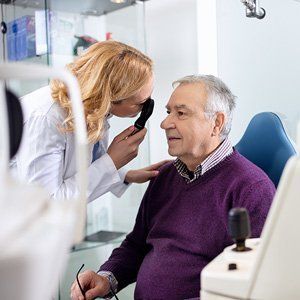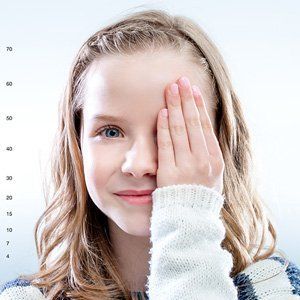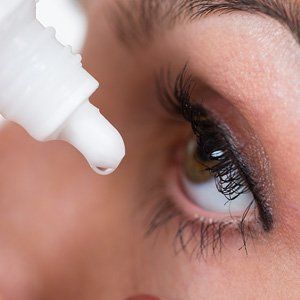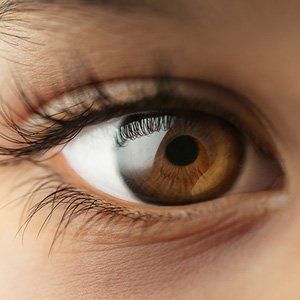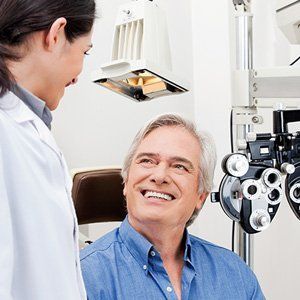Frequently Asked Questions
- What is the difference between an Ophthalmologist, an Optometrist, and a Licensed Optician?
An ophthalmologist is a medical doctor who has specialized in vision care. They are able to perform eye examinations, test and treat eye diseases, prescribe medication and perform surgery.
An Optometrist has specialized in eye exams and fitting contact lenses. They are also able to test for eye diseases and depending on the state, they may also be able to diagnose and treat certain eye conditions with medication.
Licensed Opticians are able to fill the prescriptions and can fit patients’ eyewear.
- How long has Northwest Eye Physicians been seeing patients?
Dr. Carl Garfinkle founded our practice in the mid 1960s. Dr. George Spoerl joined him shortly after that to provide pediatric and adult care. We have been serving the northwest suburbs of Chicago since that time. We take pride in our history and our mission to serve our community and keep up with new technology to provide increasingly better care for our patients.
- When should my child’s eyes be examined?
Most doctors will test your child’s eyes as a part of their routine medical examination and may refer your child to an eye doctor if they notice any sign of an eye condition. It is recommended by the American Academy of Ophthalmology and the American Academy of Pediatrics that newborns receive their first vision screening in the hospital. Pediatricians will be checking your child’s vision function when your child is 2, 4, and 6 months old. Additional screenings will be given to your child when they are 3 and then annually when they start school.
If you feel that your child has decreased vision, you should contact your ophthalmologist. We are able to test vision in infants and young children.
- When should an adult’s eyes be examined?
We recommend that adults have eye exams on a regular basis. Young adults who are 20-39 should have their eyes checked every 3-5 years. Adults who are 40-64 should have their examined ever 2-4 years and adults over age 65 should have theirs examined every 1-2 years.
If you are considered a “high risk adults,” you should have your eyes examined more frequently. High risk adults include people who have glaucoma or a family history of glaucoma, people with diabetes and people with HIV or AIDS

